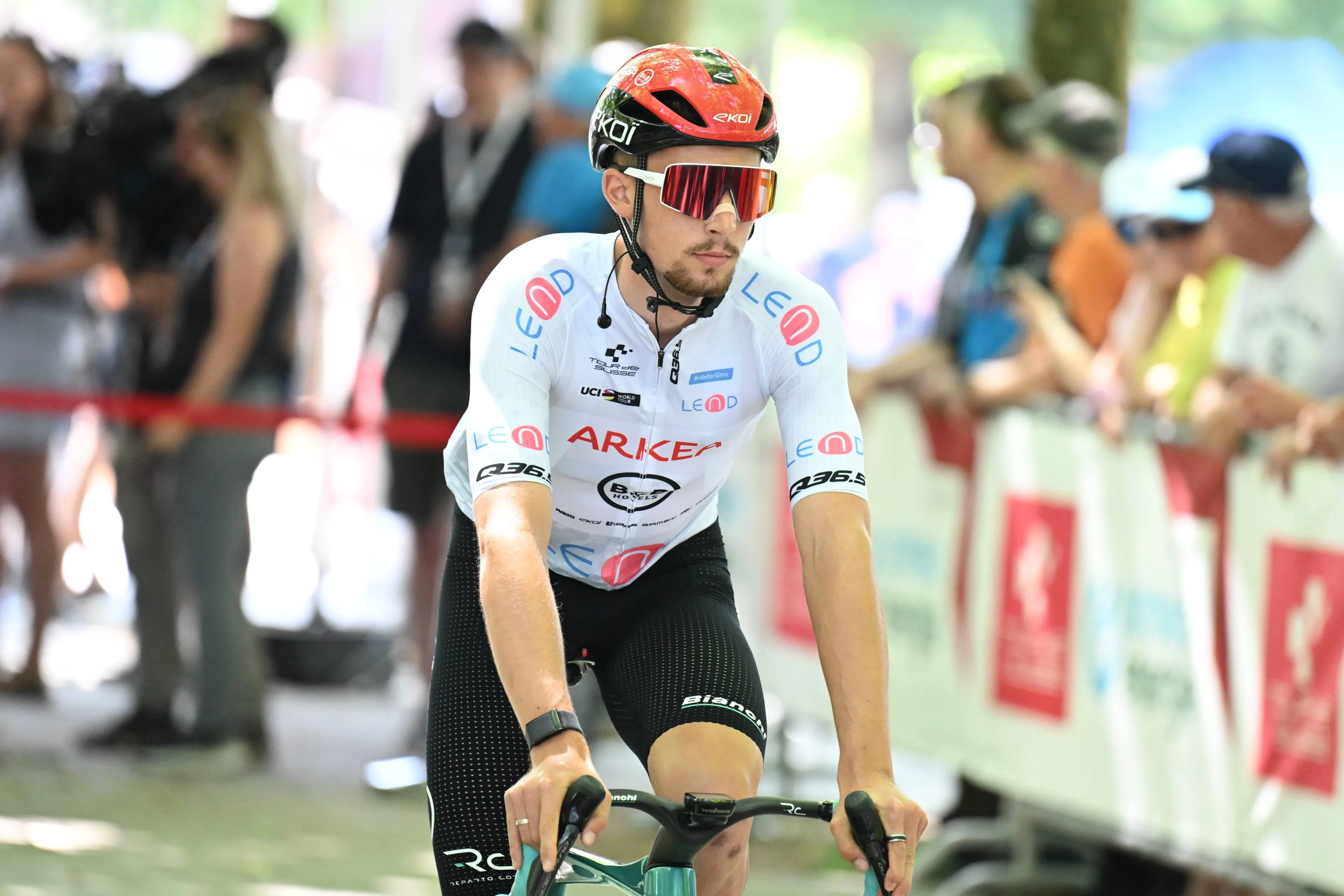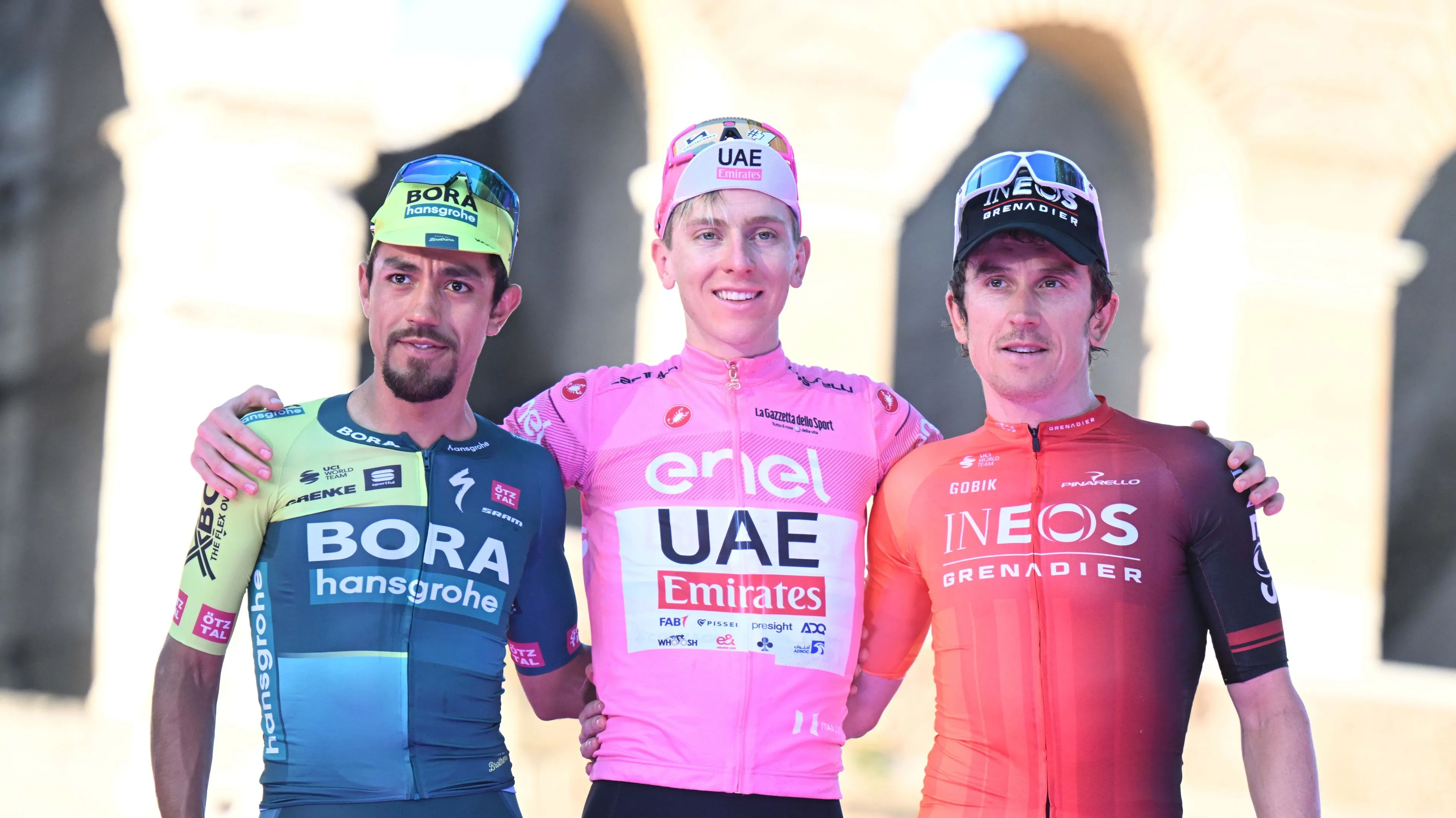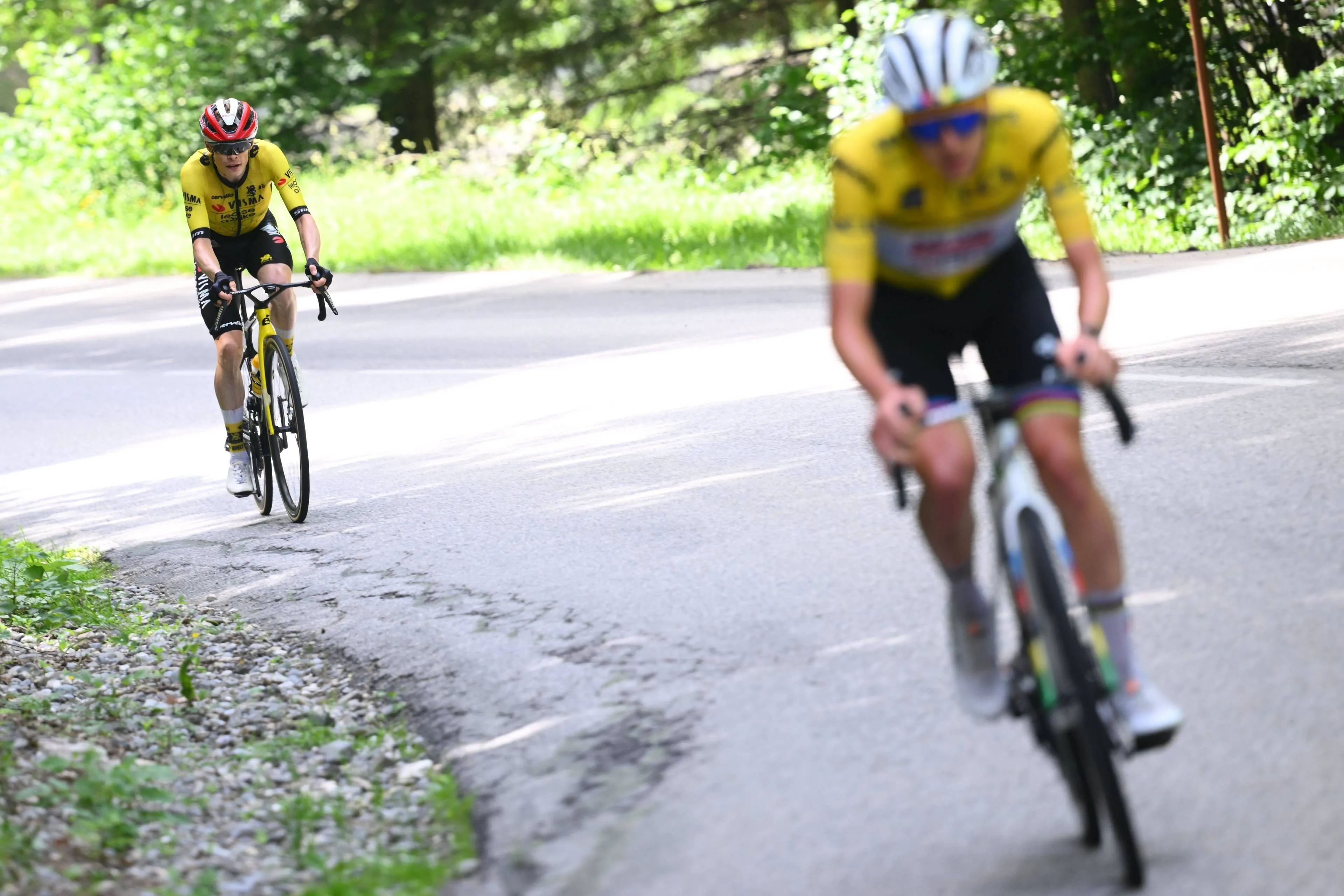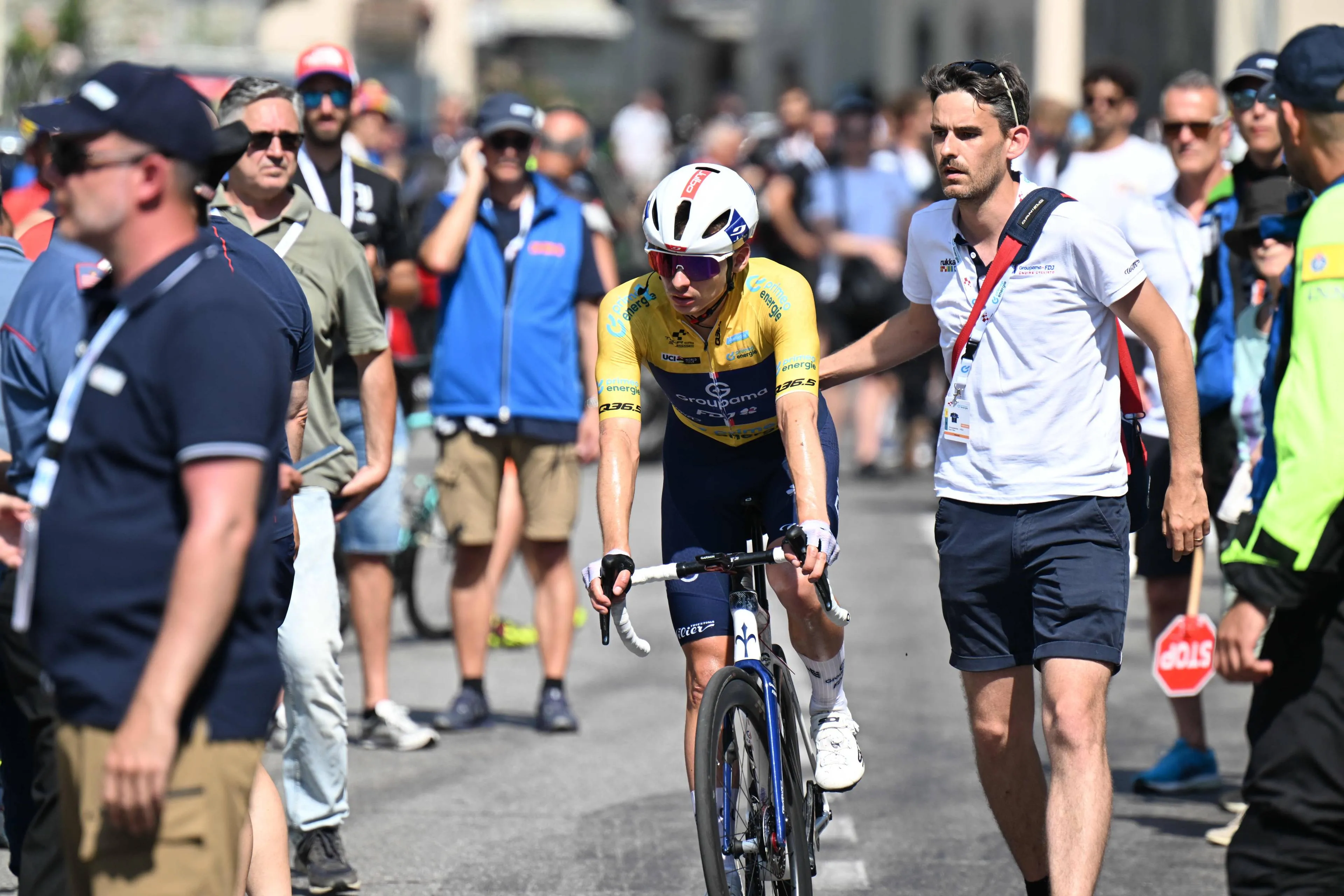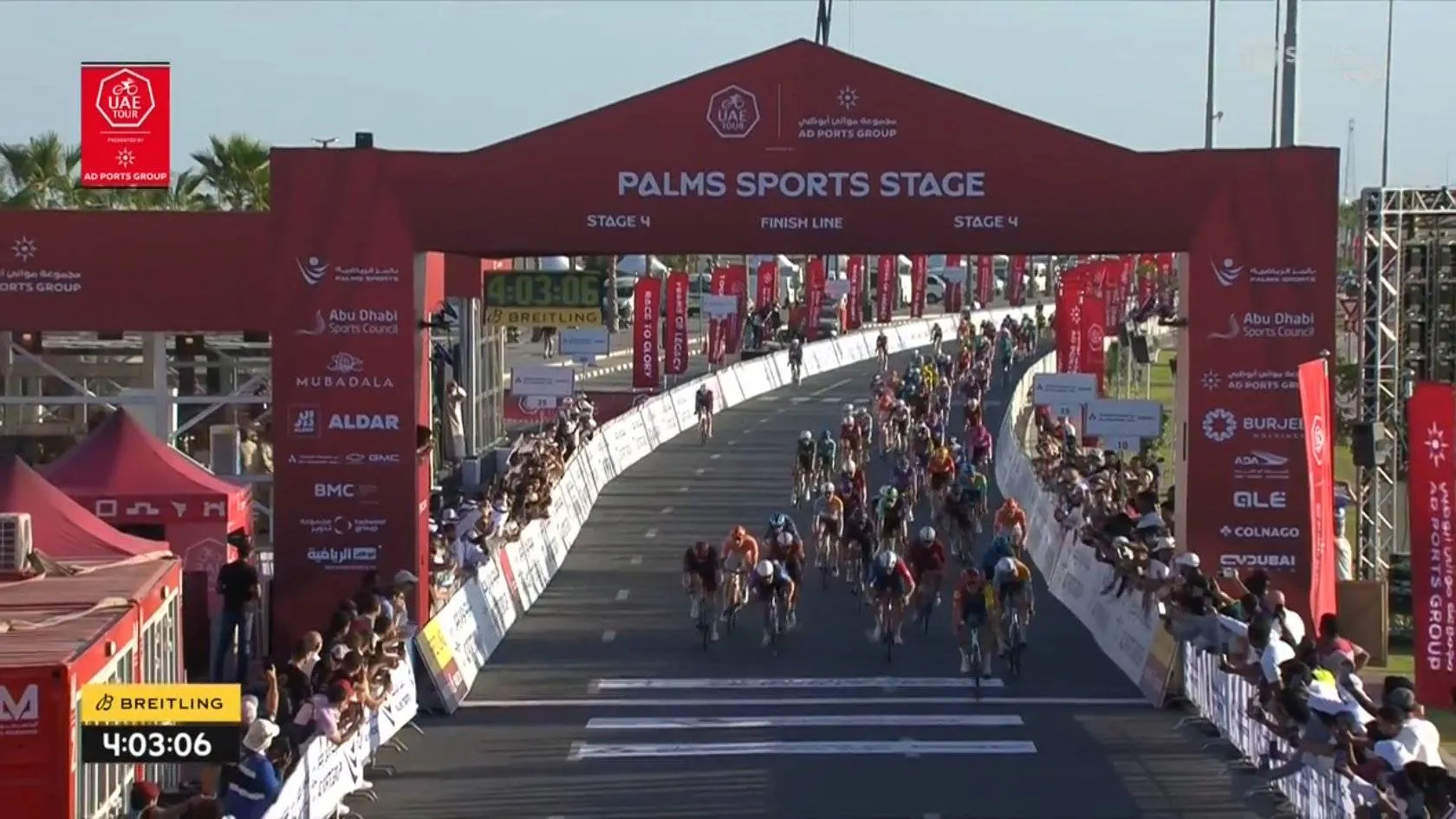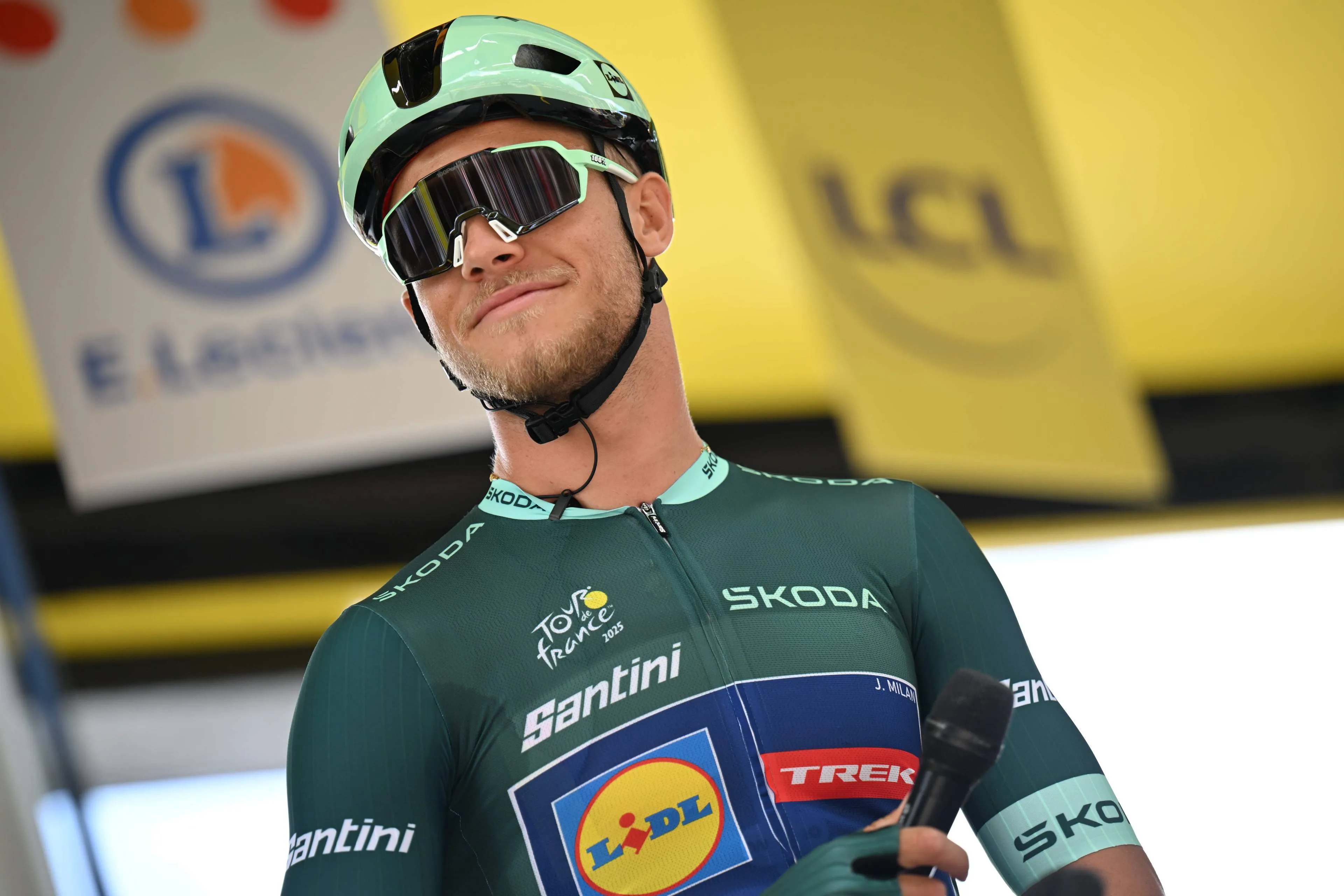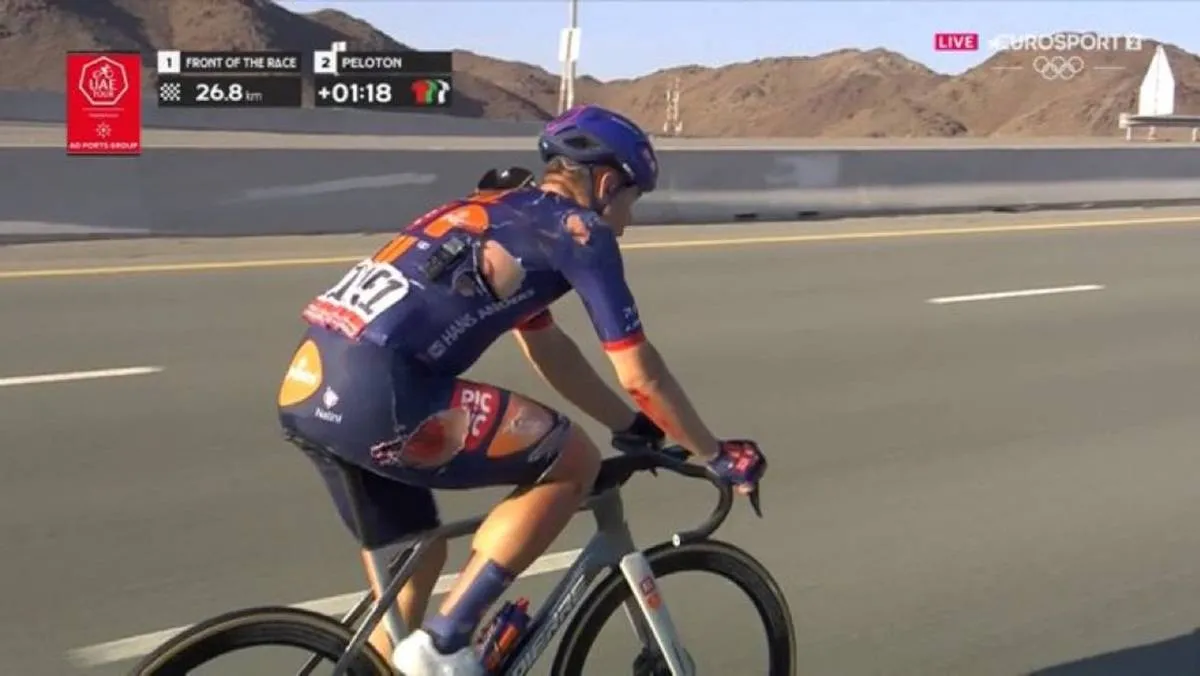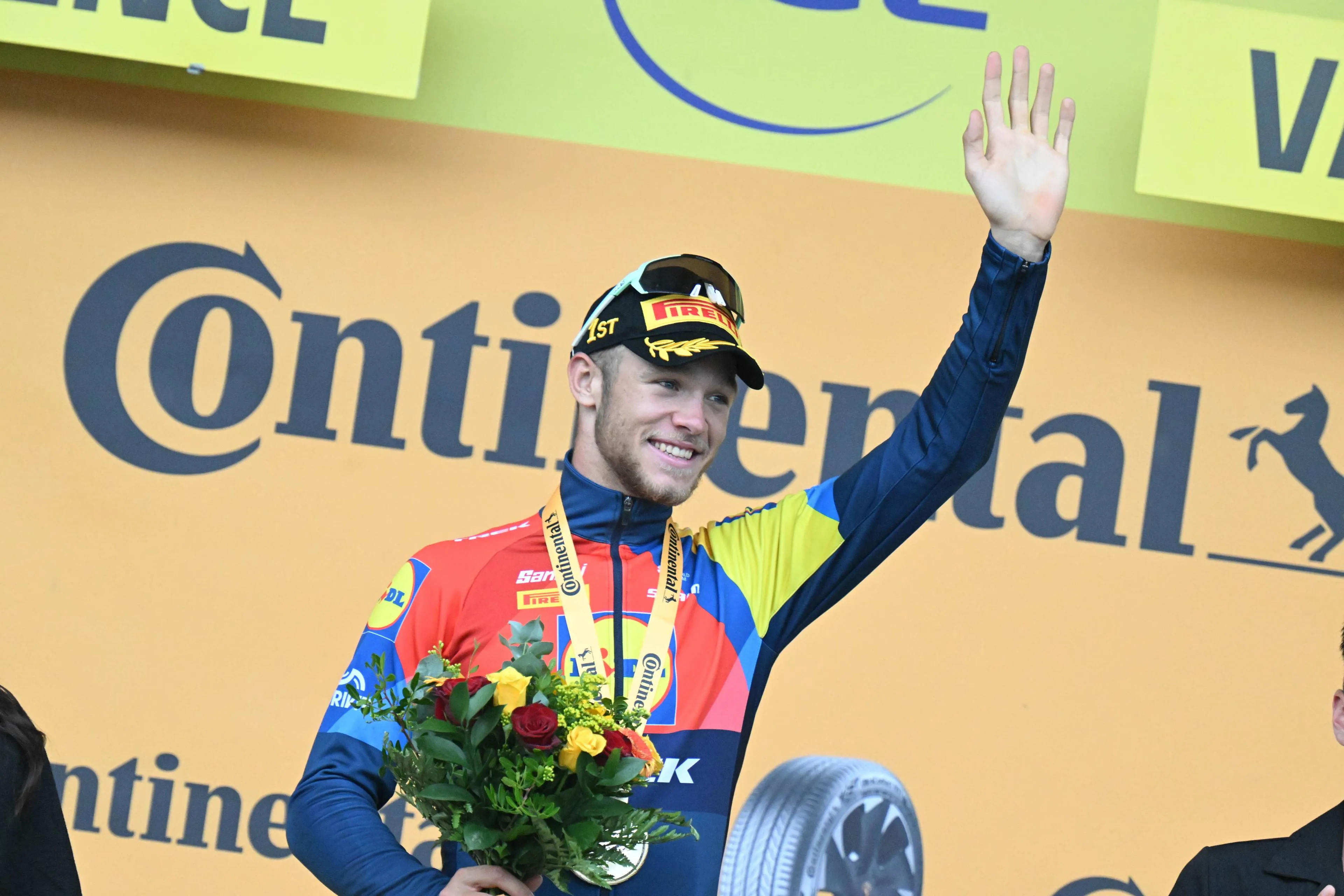Pogacar leaves Jan Ullrich stunned: “We didn’t have that speed”
CyclingThursday, 19 June 2025 at 22:10
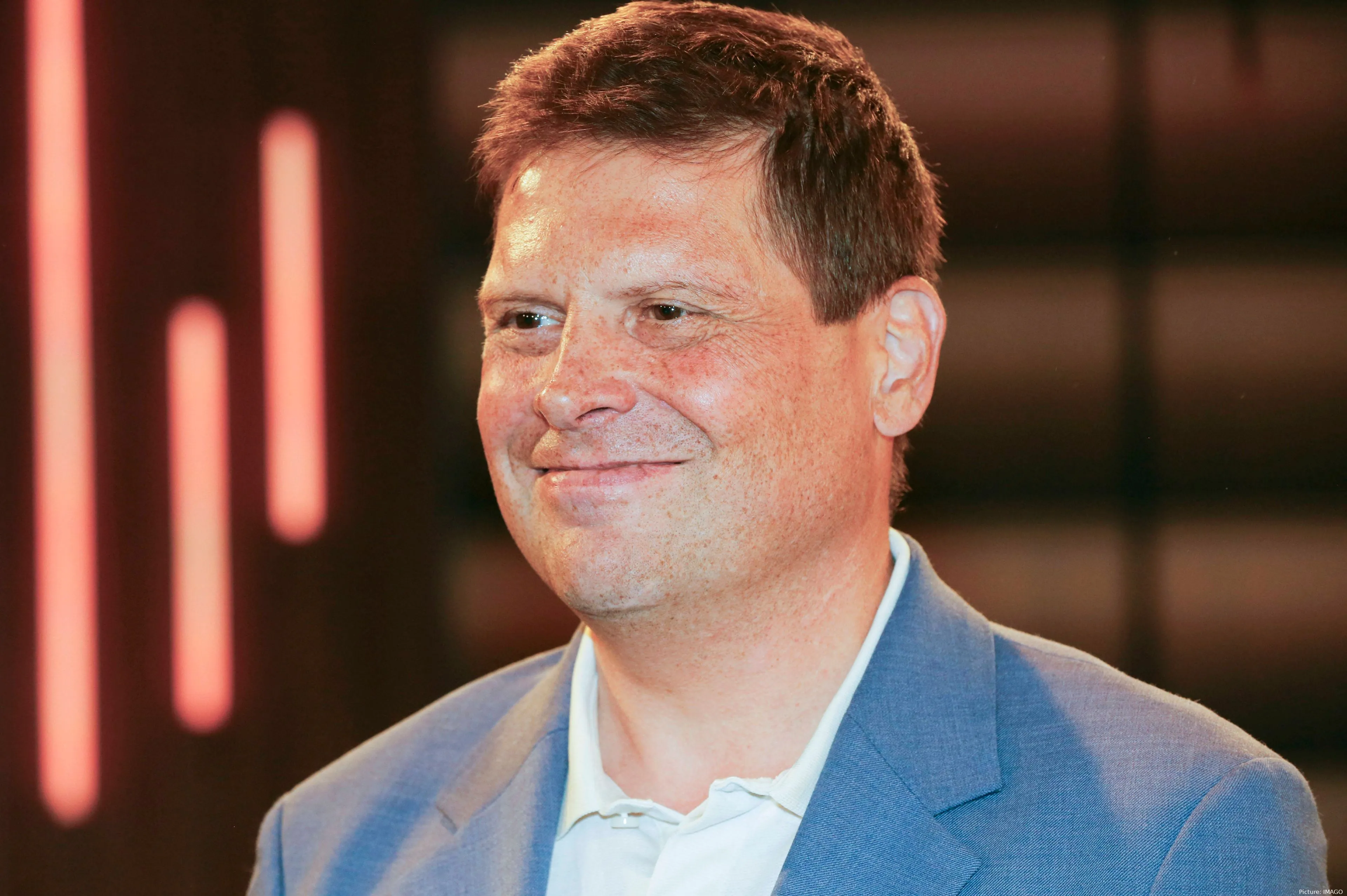
Jan Ullrich has heaped praise on
Tadej Pogacar after the Slovenian’s latest show of dominance at the Critérium
du Dauphiné, describing his sprint win and all around capabilities as
“fascinating” and emblematic of how much professional cycling has changed since
his own era.
Speaking on his Ulle &
Rick podcast, the former Tour de France winner reflected on Pogacar’s recent
victory and the evolution of the sport, contrasting it with the racing style
and training methods of the late 1990s and early 2000s when he raced.
Read also
“Before, we did things without
meaning. We added kilometres for the sake of adding them, and that was a
mistake,” Ullrich said. “In my time, we could jump to professional level at 24;
today, that's too late. Everything has changed.”
Pogacar, 26, is on course for his
fourth Tour de France title next month and has already conquered two Monuments
this spring, Liège–Bastogne–Liège and the Tour of Flanders, a feat unthinkable
for most GC riders in Ullrich’s era. But it was the manner of Pogacar’s sprint
win in the Dauphiné that most surprised Ullrich, where he beat Mathieu van der
Poel, Jonas Vingegaard and Remco Evenepoel.
“I couldn't believe it,
fascinating, that Pogacar won in the sprint surprised me. I would never have
thought that. Pantani or I would never have opted to go for the sprint, I never
practiced it, we didn't have the speed.”
Read also
Ullrich’s comments underline the
all-terrain dominance now expected of modern GC leaders, from solo mountain raids to uphill sprints and
cobbled classics. Pogacar’s versatility, both in terrain and racing style, has
redefined expectations of what a Grand Tour champion should look like.
Ullrich also touched on how
today’s racing dynamics are shaped by a far more aggressive peloton and
relentless pace-setting. “We didn't have that speed; today, every team pushes
hard and far from the finish line. In our time, it was only the interested teams,”
he said. “Today's domestiques are powerhouses that go 50 km/h or more. It's
attractive to watch, but it's too much for me.”
With his Dauphiné triumph coming a
month after his third Liege win, Pogacar’s Tour de France preparations appear
right on track. He starts the race on July 5 as the undisputed favourite for
another yellow jersey, with not just his rivals, but even past champions
struggling to believe what they’re seeing. But can anyone stop him from romping
clear again?
Read also
claps 15visitors 8
Just in
Popular news
Latest comments
- OK, today is the "air conditioner"... yesterday was a cramp... on saturday a bee will sting him in his tongue... his tongue will swell up and mustafa gets no oxygen. Because of his swollen tongue, Remco won't be able to give us a new excuse. Remco and the spanish rat Ayuso should be on the same team. They both have a ton of excuses and both of them are liars. Ad acta.Mou-Cro-HR19-02-2026
- Florian Lipowitz is secretly happy
 Rafionain-Glas19-02-2026
Rafionain-Glas19-02-2026 - The crucial thing to remember is that Remco was broken by the pace of Gall and Tiberi, not Del Toro's. Remco's excessive antics are because he doesn't want anyone to think that he's 'genuinely' struggling. You can always say 'he got cramps' because 'his preparation didn't go to plan', but the thing is that there is a limit to the number of excuses and exceptions that there can be. Eventually everyone just accepts that he's reached his ceiling on the climbs.
 Rafionain-Glas19-02-2026
Rafionain-Glas19-02-2026 - Bahraini suspicious..Santiago19-02-2026
- The problem is, a British 'boss' opening the gates, when the native workers not wanting them!
 leedorney19-02-2026
leedorney19-02-2026 - Who is overrating him on climbs? Everyone knows since ages it’s his weakness and needed years of work. Question us if he can do enough about it. For sure he won’t be able to improve his TT enough to compensate.Mistermaumau19-02-2026
- What do you call only seeing someone’s positives?Mistermaumau19-02-2026
- Remco banging his leg, just like he banged his saddle when pog dropped him. He ain't fooling anyone with those antics. I'm not a hater, but he's a bit overrated on serious climbs.Santiago19-02-2026
- Obviously isn’t learning from the Epstein fallout. The more you unravel the past the more undiscovered mess appears.Mistermaumau19-02-2026
- I like Tadej a lot (a lot, a lot) but you're a little exxagerated... Allow me to give you some advice: Never become a fanatic for something or someone (neither pro nor against, haters are against-fanatics). And never idolize human beings.
 maria2024202419-02-2026
maria2024202419-02-2026
Loading
2 Comments
